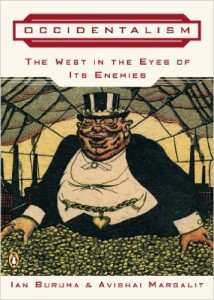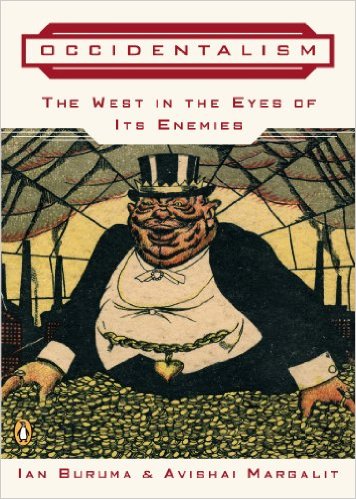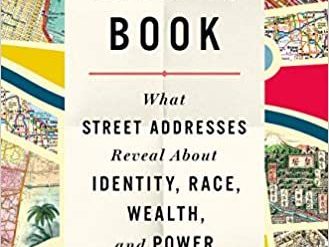
In Occidentalism: The West in the Eyes of Its Enemies, Ian Buruma and Avishai Margalit trace the intellectual history of “the dehumanizing picture of the West painted by its enemies.” In other words, they try to help us understand why so many people in the world hate Western values. The major elements of this picture, though not necessarily the whole, are shared by ISIS, Al Qaeda, Hezbollah, the Muslim Brotherhood, nineteenth century Russian Slavophiles, Hitler’s Nazis, Mao’s revolutionaries, extreme Hindu nationalists, and the Japanese militarists who plunged their country into World War II. In many of its manifestations, they assert, Occidentalism gives rise to a death cult, rating “honor higher than morality” and glorifying death as the noblest response to the violation of great ideals.
Are they overreaching? Perhaps. To group so many diverse historical movements under one umbrella is ambitious, at best. But Buruma and Margalit are well read and adept with philosophical concepts. If their book is a stretch too far, the path they take to arrive at their conclusion is nonetheless rich with insight and well worth following.
Occidentalism: The West in the Eyes of Its Enemies by Ian Buruma and Avishai Margalit (2005) 176 pages ★★★★☆
What’s wrong with Western values?
In a sense, Occidentalism is anti-Semitism writ large, as hatred for Jews suffuses most of its forms, but Anti-Americanism looms even larger. Though it’s not the same as anti-Americanism, the Occidentalist vision of “a machinelike society without a human soul” is most closely associated with the United States in today’s world: “the idea of America itself, as a rootless, cosmopolitan, superficial, trivial, materialistic, racially mixed, fashion addicted civilization.” From an historical perspective, Occidentalism derives from the ancient clash between City and Country — an ongoing conflict between rural and urban values. Ironically, though, “[t]he West in general, and America in particular, provokes envy and resentment more among those who consume its images, and its goods, than among those who can barely imagine what the West is like.”
A response to Orientalism
The phenomenon Buruma and Margalit call Occidentalism is the counterpoint to Orientalism, a term popularized by the Palestinian philosopher Edward Said to characterize what he perceived as a patronizing Western attitude towards Eastern societies that is used to justify Western imperialism. The authors contend that the distrust, even hatred, of the West that is so widespread in the Global South actually originated in Europe. They trace the intellectual source of Occidentalism to the emergence in Europe of modern anti-Semitism following the French Revolution and nineteenth-century German Romantic philosophy.
Outside Europe, with the growth of European empires, the clash of new ideas from the West with traditional values gave rise to a “split between nativists and Westernizers. The former dream of going back to the purity of an imaginary past: Japan under the divine emperor, the Caliphate united under Islam, China as a community of peasants. . . The struggle of East and West is a Manichaean struggle between the idolatrous worshipers of earthly matter and true worshipers of the godly spirit.”
About the authors
The authors of Occidentalism are both academics. The Dutch writer and historian Ian Buruma teaches human rights and journalism at Bard College. He has written 22 books. Avishai Margalit, now emeritus, taught philosophy at the Hebrew University in Jerusalem. He has written or edited nine books and innumerable articles.
For more great reading
This is one of the books I’ve included in my post, Gaining a global perspective on the world around us.
You may enjoy browsing through 20 top nonfiction books about history.
If you enjoy reading history in fictional form, check out 20 most enlightening historical novels.
And if you’re looking for a broader view of human history, check out New perspectives on world history.
And you can always find my most popular reviews, and the most recent ones, on the Home Page.


























